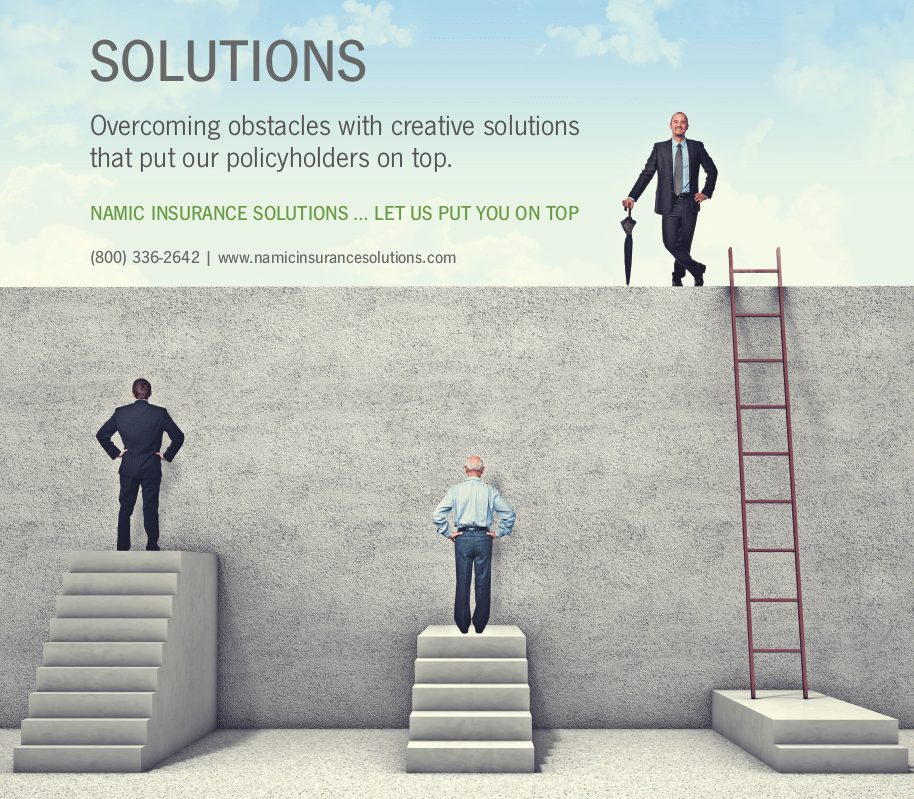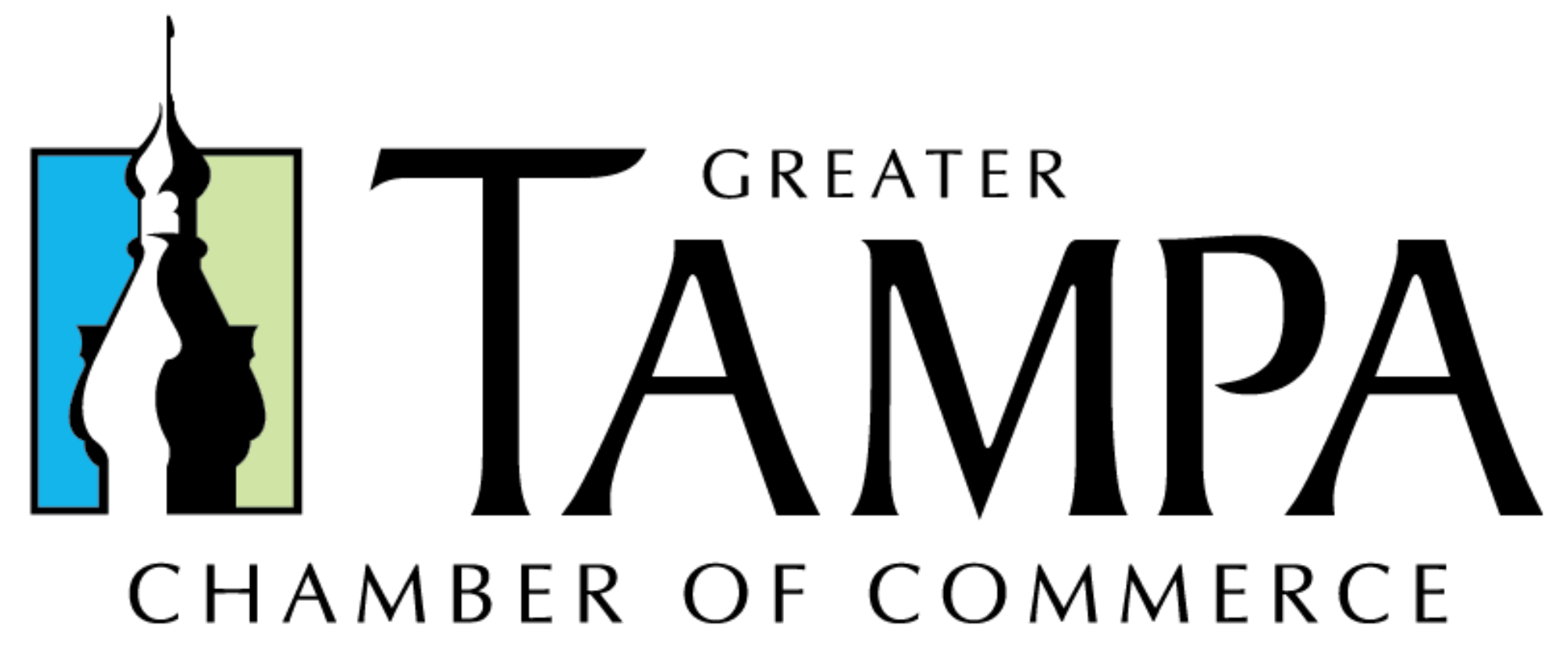

ONE OF THE MOST RECENT INCENTIVE RESEARCH FOUNDATION’S SURVEYS SAYS THE NUMBER OF UNITED STATES BUSINESSES USING NON-CASH REWARDS TO RECOGNIZE JOBS WELL DONE HAS RISEN SIGNIFICANTLY — FROM 26 PERCENT IN 1996 TO 84 PERCENT IN 2016. APPROXIMATELY 40 PERCENT OF THOSE BUSINESSES USE TRAVEL AS A REWARD. KEVIN DEVANNEY, PRESIDENT AND FOUNDER OF INCENTIVE TRAVEL SOLUTIONS, WHO HAS BEEN IN THE INCENTIVE TRAVEL INDUSTRY SINCE 1993, ANSWERED SOME QUESTIONS FOR IN MAGAZINE ABOUT THE RELATIONSHIP-BUILDING ASPECT OF INCENTIVE TRAVEL.
Click on the questions below to gain insight about the Incentive Travel Industry from Kevin Devanney.
Q: When it comes to insurance carrier clients, for whom do they most often provide incentive trips?
A: Insurance carriers have always been a big driver in the incentive travel business. I think primarily because they are incentivizing independent business owners. A trip to Europe for seven days is a great way to walk alongside your independent business clients and talk on a social level. When spouses meet each other, there is an instant connection. In the long term, these relationships, and ultimately partnerships, that are built are invaluable.
Q: What are the top reasons for incentive travel?
A: The primary reason for incentive trips is to reward and recognize. With the incentive trips, we reward top sales performers or independent business owners for reaching top goals. The trip is a motivational tool for companies to announce a once-in-a-lifetime trip for a sales person to take his/her spouse somewhere they would not typically go. They work for a year to win the trip and surround themselves in a beautiful destination with other top performers.
Q: Insurers are obviously risk-averse entities. Are there liability, legal, and/or compliance issues they need to consider when they offer these trips/rewards?
A: For tax purposes, in order to not tax the winner for the value of the trip, it is important to incorporate business meetings or true business time in each trip. All companies should consult their tax advisors or chief financial officers prior to designing a trip to be aware of the tax implications.
Q: Do you have any examples that come immediately to mind of where relationships have been fostered or strengthened by these excursions?
A: I see it all the time. I was just in Ireland with a West Coast-based distribution company for eight nights. Many of the attendees lived in the same area. They were all independent business owners who purchase products from my distributor client. They may have known about each other, but they had never met. During this trip, they became friends. They talked about the challenges they face on a regular basis. They walked away from the trip with partners they planned on meeting up with once they got back home. It was a very rewarding trip for everyone.
Another instance that we see relationships form that help build the company culture is with the spouses during an incentive trip. In general, 80 percent of winners repeat a second or third year. Spouses meet, get to know each other, and look forward to seeing each other year after year. As a result, relationships strengthen beyond the business setting. Spouses get behind the winning performer and truly encourage him or her year after year so that the trip is a part of their lives and, ultimately, an important part of the company culture.
Q: What are the most common questions you get from your clients? What do you wish people knew more about when it comes to incentive travel?
A: I wish people realized how much work actually goes into designing, planning, and executing an incentive trip. It should truly be a trip that people cannot take on their own. The destination and hotel should be unique. If the winning performer could take the trip on his or her own, it is not a true incentive. My company has operated trips in 102 countries around the world. Our experience and relationships with partners in these destinations make designing, planning, and executing a trip invaluable to our clients. It might seem easy to sign a hotel contract, but as soon as a challenge arises – and many times it does – it is so important to have a true travel partner representing you and your important attendees.




